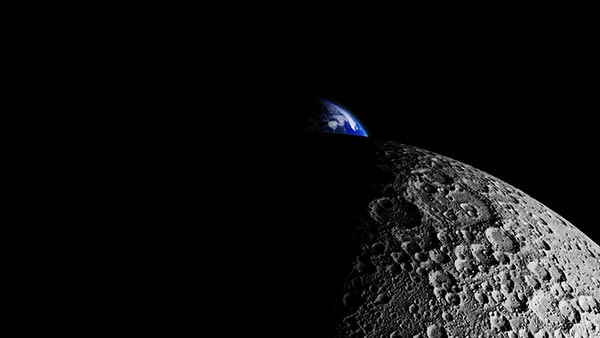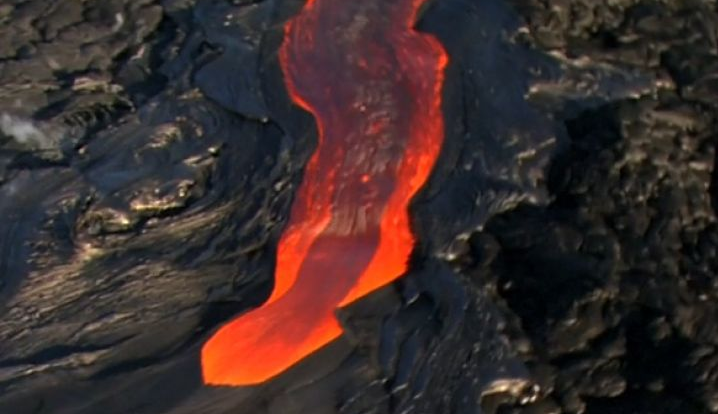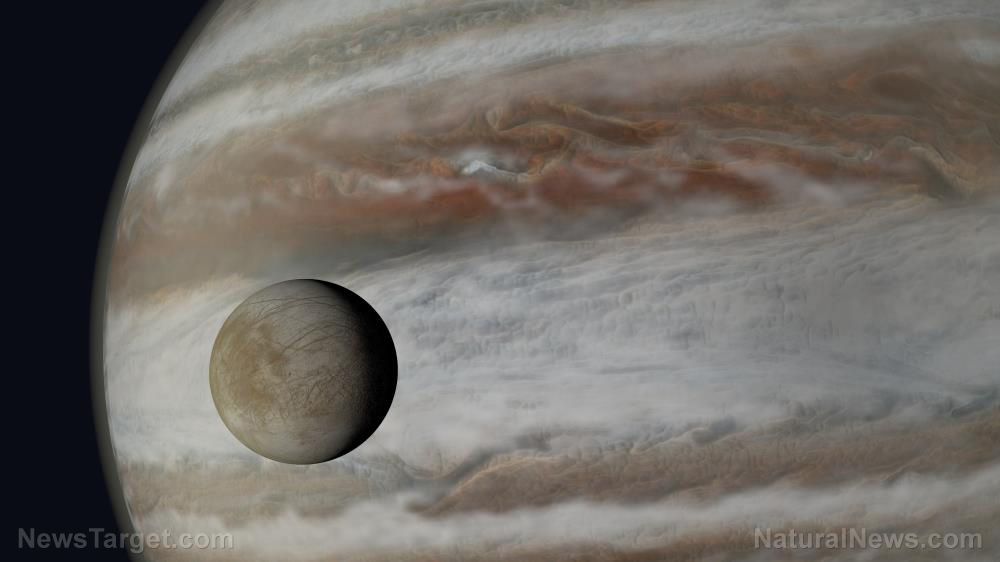
Advertisement
We may need to be less anthropocentric if we are to find evidence of extraterrestrial life, experts say.
Speaking at the inaugural TESS Science Conference at the Massachusetts Institute of Technology (MIT), a panel of experts noted that holding on to the assumption that alien life will be similar to what evolved here on Earth could severely limit the potential for big discoveries.
“As it stands now, at least for me personally, I feel the origin of life itself is too anthropocentric,” Sara Walker, an astrobiologist and theoretical physicist at Arizona State University said, adding that most experts have a tendency to design and engineer experiments tailored to finding biosignatures similar to those already found on Earth.
According to Walker, it is important to not restrict biosignature research to the kind of chemistry we are accustomed to on Earth, referencing the anticipated space missions Habitable Exoplanet Observatory (HabEx) and Large UV/Optical/IR Surveyor (LUVOIR) which are designed to look for biosignatures and signs of liquid water in the farther regions of space. The two space missions are expected to launch in the late 2030s.
In addition, the experts said it would be helpful for researchers to broaden their definition of the “habitable zone” to identify a more complete range of possibly habitable exoplanets.
The so-called circumstellar habitable zone, according to NASA, is the area around a star where it is neither too hot nor too cold, thus allowing liquid water to exist on the surface of surrounding planets. However, as the panelists discussed, liquid water might not be the only basis for life.
According to Janusz Petkowski, an interdisciplinary research scientist at MIT, while most researchers tend to stick to the simple definition of the habitable zone as one that allows liquid water to exist on the surface of the planet, it is important for researchers and scientists to explore other possibilities, including one wherein each of the solvents have their own habitable zones. (Related: Life on the ice: Extraterrestrial life on ice worlds could look like Hawaiian underwater creatures.)
“If you think about it, you can imagine a separate habitable zone for each of the solvents,” Petkowski said during the panel discussion.
One example of a different solvent that could have its own habitable zone, Petkowski said, is liquid methane, which is present in large quantities on the surface of Saturn’s huge moon Titan.
Petkowski noted that while recreating these alien environments and chemistries in Earth labs is not without its own technical challenges, it will be an important way to expand our understanding of what conditions are necessary for life to evolve.
The researchers at the panel won’t hold their breath for any immediate discoveries, however, noting that everything still depends on how fast research progresses over the next few decades.
According to Rafal Szabla, a chemist and a postdoctoral fellow at the Polish Academy of Sciences’ Institute of Physics, it’s more probable that they will get “ideas” and learn more about the nature of biosignatures within the next two decades, instead of discovering new life in outer space.
“Detecting life is a more distant question because we need very solid data,” Szabla said.
Paul Rimmer, an astrochemist at the University of Cambridge in England, agreed, noting that it might still be 100 years until scientists discover evidence of life in the cosmos.
Read more articles about the possibility of alien life at Cosmic.news.
Sources include:
Advertisement
Advertisements
















